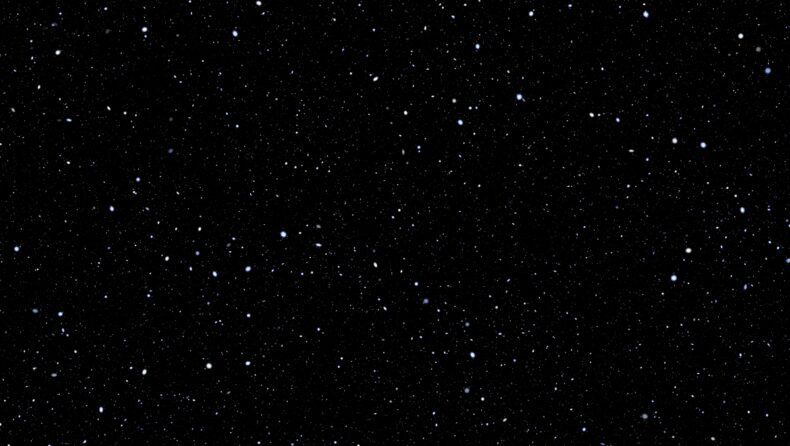Author: shreeya.sethi
Shreeya Sethi is a Geneticist and a Biotechnologist by her formal education. She has a strong interest in mental and physical health and science and writes articles regarding health, lifestyle, environment, and novel scientific research.
The state of West Bengal has been alarmed by the loss of another child who had been suffering from an acute respiratory infection that has been spreading across mostly the children of the state. A six-month-old boy died on Sunday morning at Dr. BC Roy Post Graduate Institute of Pediatric Sciences (DBCRPGIPS). The infant had been battling respiratory infections for about two weeks. He was lost to a respiratory infection, which, according to the suspicions of the state-run referral hospital for children, was caused by adenovirus, which has been the cause of massive havoc among the children. The boy was…
The SPRINT study is the first trial in India that assesses the role of mHealth intervention in secondary stroke prevention on a large scale. A paper published by the Indian Council of Medical Research (ICMR) in the Lancent Group Health Journal revealed that improved lifestyle-linked behaviors that lead to the prevention of strokes can be achieved by mobile health intervention. The study was done as a part of Secondary Prevention by SPRINT-INDIA, that is, the Structured Semi Interactive Stroke Prevention Package in India. This was a multicenter, randomized controlled trial of a mobile intervention that is semi-interactive among patients. The…
America and Europe witness rare red aurora. More are expected to be making their way to the sky of Canada, the US, England, and Scotland. Supercharging the atmosphere with particles from the solar wind due to a course of solar plasma arriving on earth has prompted the display of rare red aurora displays across extensive portions of Canada, Europe, and the northern USA. People have been awestruck by the mesmerizing phenomena and have been trying to capture the colorful sightings in the sky with photographs and videos. The internet has been flooded with pictures of incredible aurora sightings taken by…
“We have now identified a gene, out of the hundreds of genes that are involved in fat accumulation or obesity.” Obesity, as it is well known is one of the major problems that the world is dealing with at present. It is said to worsen several chronic illnesses and cause various heart problems. Many studies have been going on to understand obesity on a genetic level to get a suitable plan of action. The focus of the studies has been to identify the genes linked with obesity and to find the ones which lead to increased risk of type 2…
Uncovering the Never-Seen-Before Lens Galaxies and Pandora’s Cluster Image NASA’s James Webb Telescope has helped astronomers reveal a never seen deep-field image featuring Pandora’s Cluster (Abell 2744). Three massive clusters of galaxies are shown coming together to form a mega cluster of galaxies in Webb’s view. This was achieved by using a natural phenomenon that was discovered by Einstein in 1915, the Theory of Gravity known as General Relativity. This natural phenomenon, that is, gravitational lensing, helped in creating a deep-field view that included extremely old and faint galaxies. Deep-field observations are long exposures of regions of the sky, that…
A study published in the journal BMC Medicine has found that a diet enriched with free sugars, which includes both added sugars and naturally occurring sugars present in the foods like honey and fruit juices, tends to pose a high risk of Cardiovascular diseases, like Ischaemic heart disease. The study supports the Global Dietary Recommendation of limiting free sugar consumption to less than 5 percent of total daily energy consumption. Since the study was done on the citizens of the UK, an average person in the UK gets nearly 12 percent of a day’s calories from free sugars if this…
Contact us:
Copyright © 2024 Asiana Times. All Rights Reserved










